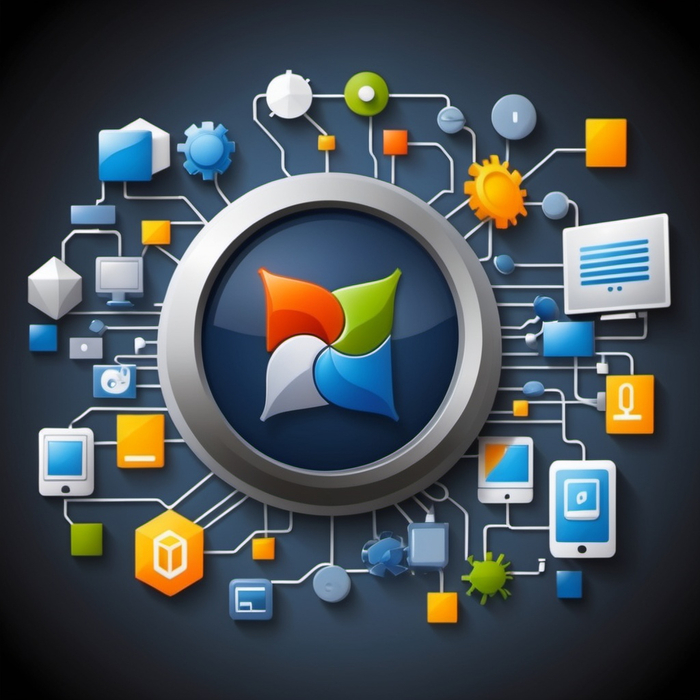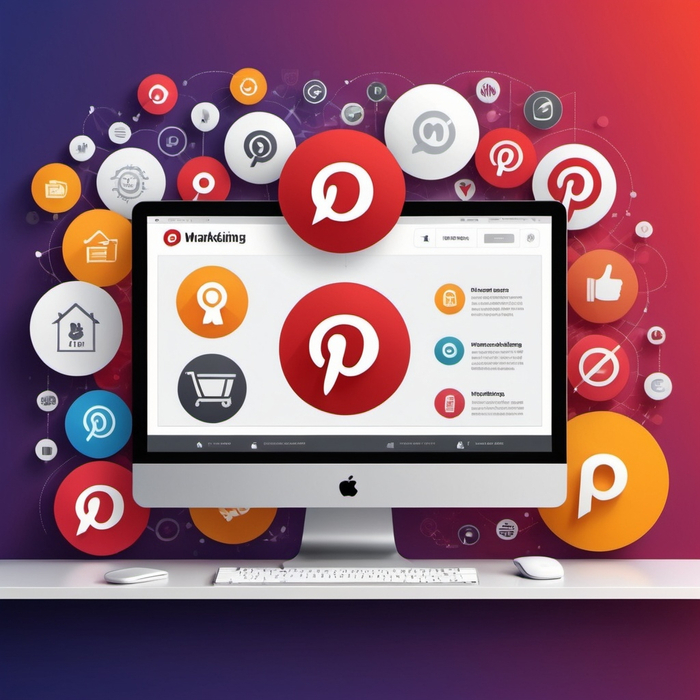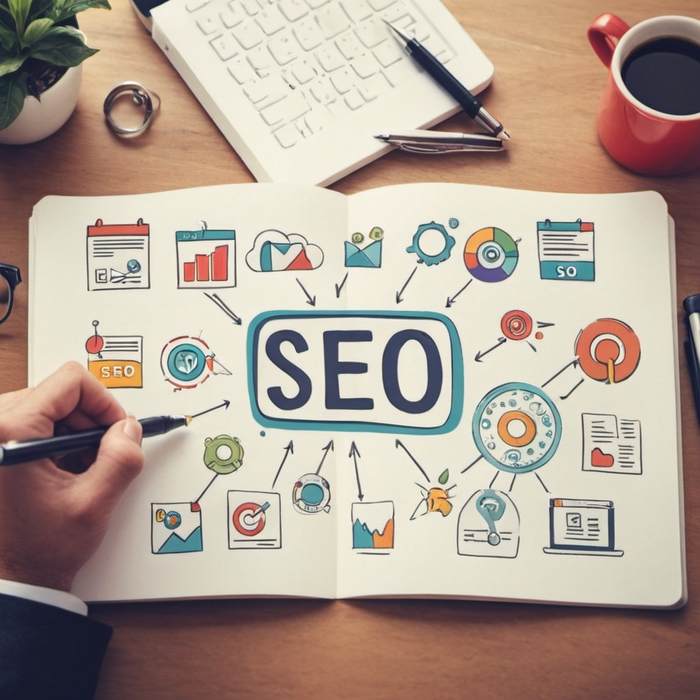Best Marketing Automation Tools for Businesses in 2025
Marketing automation tools are the new backbone of any marketer wanting to not just smoothen campaigns, nurture leads, and, hopefully, increase ROI. These tools enable you to automate all types of drudgery, tailor interactions with customers, and optimize your marketing funnel.
But with so many options out there, which one is the best marketing automation tool for 2025? The guide shall unfold various marketing automation platforms comparing their features, pricing, and best applications for you to land a great solution.
Integrate your automation tools with CRM software for effective lead handling.
Table of Contents
Why Use a Marketing Automation Tool?
A good marketing automation tool helps businesses:
- Automate workflows for email, social media, and customer engagement.
- Segment audiences based on behavior, demographics, and interests.
- Personalize marketing campaigns to improve engagement rates.
- Track performance with analytics and reporting.
- Integrate with CRM and sales platforms for better lead management.
Quick Comparison Table
| Marketing Automation Tool | Best For | Price | Key Features |
|---|---|---|---|
| HubSpot | Best All-in-One Solution | $$$ | CRM integration, email marketing, analytics |
| Marketo Engage | Best for Enterprise | $$$$ | Lead scoring, AI-powered personalization, deep analytics |
| ActiveCampaign | Best for Small Businesses | $$ | Advanced automation, CRM integration, AI-powered insights |
| GetResponse | Best for Email & Ecommerce | $$ | Email automation, abandoned cart recovery, AI-driven segmentation |
| Pardot (Salesforce) | Best for B2B Lead Nurturing | $$$$ | AI-driven lead scoring, deep CRM integration, ROI tracking |
| Mailchimp | Best Budget-Friendly Option | $ | Drag-and-drop email builder, pre-built automation workflows |
Best Marketing Automation Tools (In-Depth Review)
1. HubSpot (Best All-in-One Marketing Automation Tool)
Why Choose HubSpot?
- Full-suite marketing, sales, and CRM integration.
- Intuitive automation builder for emails, social media, and lead nurturing.
- Scalable for small businesses to enterprises.
Key Features
- Email and social media automation.
- Advanced analytics and reporting.
- Lead management and segmentation tools.
Pros:
✔️ Comprehensive all-in-one solution. ✔️ Strong CRM integration. ✔️ Scalable for growing businesses.
Cons:
❌ Higher pricing for premium features. ❌ Learning curve for beginners.
Best For: Businesses that need an all-in-one marketing, sales, and CRM solution.
➡️ Try HubSpot for complete marketing automation!
Increase efficiency with email automation tools for targeted campaigns.
2. Marketo Engage (Best for Enterprise-Level Automation)
Why Choose Marketo?
- Designed for large enterprises with complex marketing needs.
- AI-powered personalization and lead nurturing.
- Powerful analytics for tracking ROI and campaign performance.
Key Features
- Advanced audience segmentation.
- AI-driven customer engagement.
- Multi-touch attribution modeling.
Pros:
✔️ Best for large-scale marketing automation. ✔️ AI-powered predictive analytics. ✔️ Strong B2B lead management features.
Cons:
❌ Expensive pricing structure. ❌ Requires a learning curve for setup.
Best For: Large enterprises that need high-end automation and analytics.
➡️ Scale your marketing with Marketo Engage!
3. ActiveCampaign (Best for Small & Medium Businesses)
Why Choose ActiveCampaign?
- Affordable yet powerful automation workflows.
- AI-driven predictive sending for better engagement.
- Seamless integration with CRM and marketing tools.
Key Features
- Drag-and-drop automation workflow builder.
- Multichannel marketing (email, SMS, site messaging).
- Advanced reporting and customer insights.
Pros:
✔️ Affordable for small businesses. ✔️ AI-powered marketing insights. ✔️ Strong automation capabilities.
Cons:
❌ Not as enterprise-focused as Marketo.
Best For: Small and medium businesses looking for affordable, advanced automation.
➡️ Boost your marketing with ActiveCampaign!
Pair with social media management tools to automate cross-platform engagement.
4. GetResponse (Best for Email Marketing & Ecommerce)
Why Choose GetResponse?
- Advanced email automation for lead nurturing.
- Built-in tools for abandoned cart recovery.
- AI-powered customer segmentation.
Key Features
- Pre-built email funnels.
- Landing page and funnel builder.
- Web push notifications and SMS marketing.
Pros:
✔️ Great for ecommerce businesses. ✔️ AI-powered audience segmentation. ✔️ Affordable pricing for small businesses.
Cons:
❌ Limited CRM functionality.
Best For: Ecommerce businesses needing email automation and segmentation.
➡️ Increase conversions with GetResponse!
5. Pardot (Salesforce) (Best for B2B Lead Nurturing)
Why Choose Pardot?
- Deep Salesforce CRM integration.
- AI-powered lead scoring and nurturing.
- Great for B2B marketing automation.
Key Features
- Lead scoring and AI-based insights.
- Multi-touch campaign tracking.
- Personalized email sequences.
Pros:
✔️ Best for B2B sales and lead management. ✔️ Seamless integration with Salesforce. ✔️ AI-driven analytics and forecasting.
Cons:
❌ Expensive for small businesses. ❌ Requires Salesforce ecosystem for full functionality.
Best For: B2B businesses looking for advanced lead nurturing tools.
➡️ Optimize B2B marketing with Pardot!
Final Thoughts: Which Marketing Automation Tool is Right for You?
- Best Overall: HubSpot (All-in-one solution for marketing, sales, and CRM.)
- Best for Enterprise: Marketo Engage (AI-powered lead nurturing for large companies.)
- Best for Small Businesses: ActiveCampaign (Affordable and powerful automation.)
- Best for Ecommerce: GetResponse (AI-driven email marketing & abandoned cart recovery.)
- Best for B2B: Pardot (Advanced lead scoring & Salesforce integration.)
- Best Budget Option: Mailchimp (Easy-to-use and cost-effective.)
➡️ Choose the best marketing automation tool and start scaling your business today!







